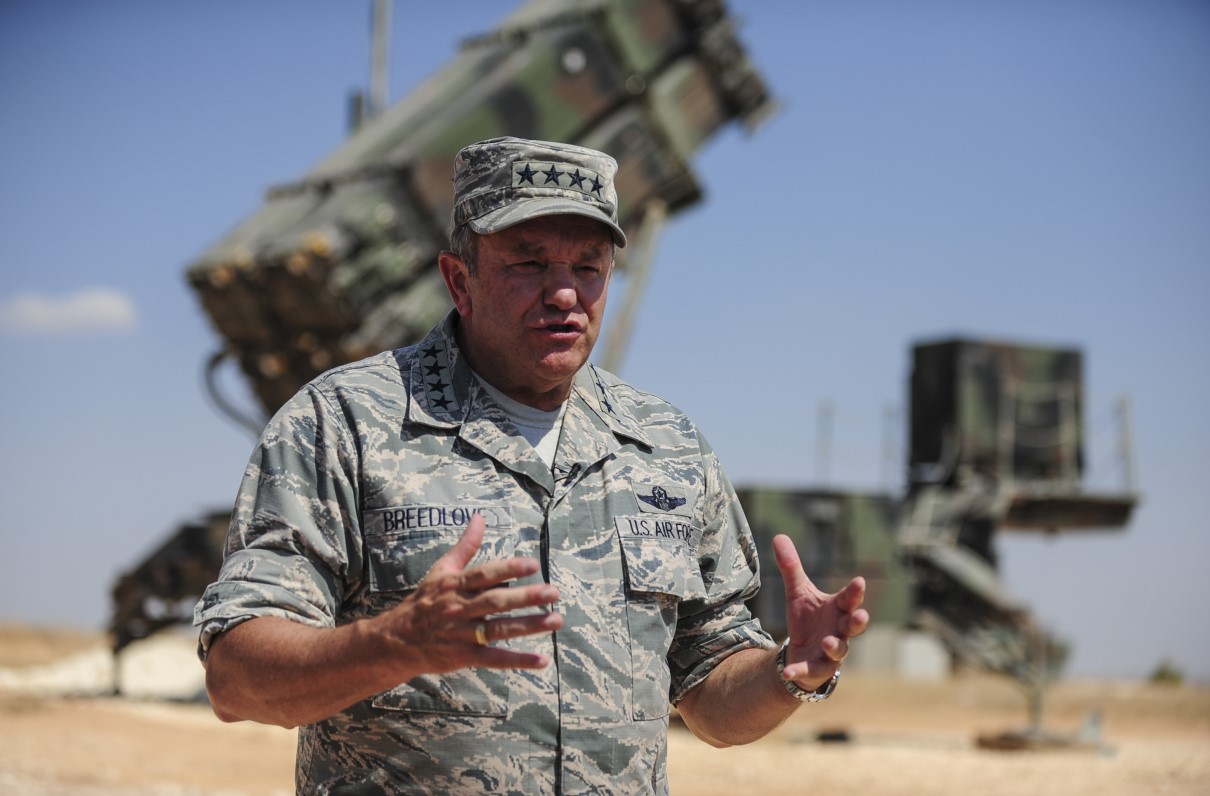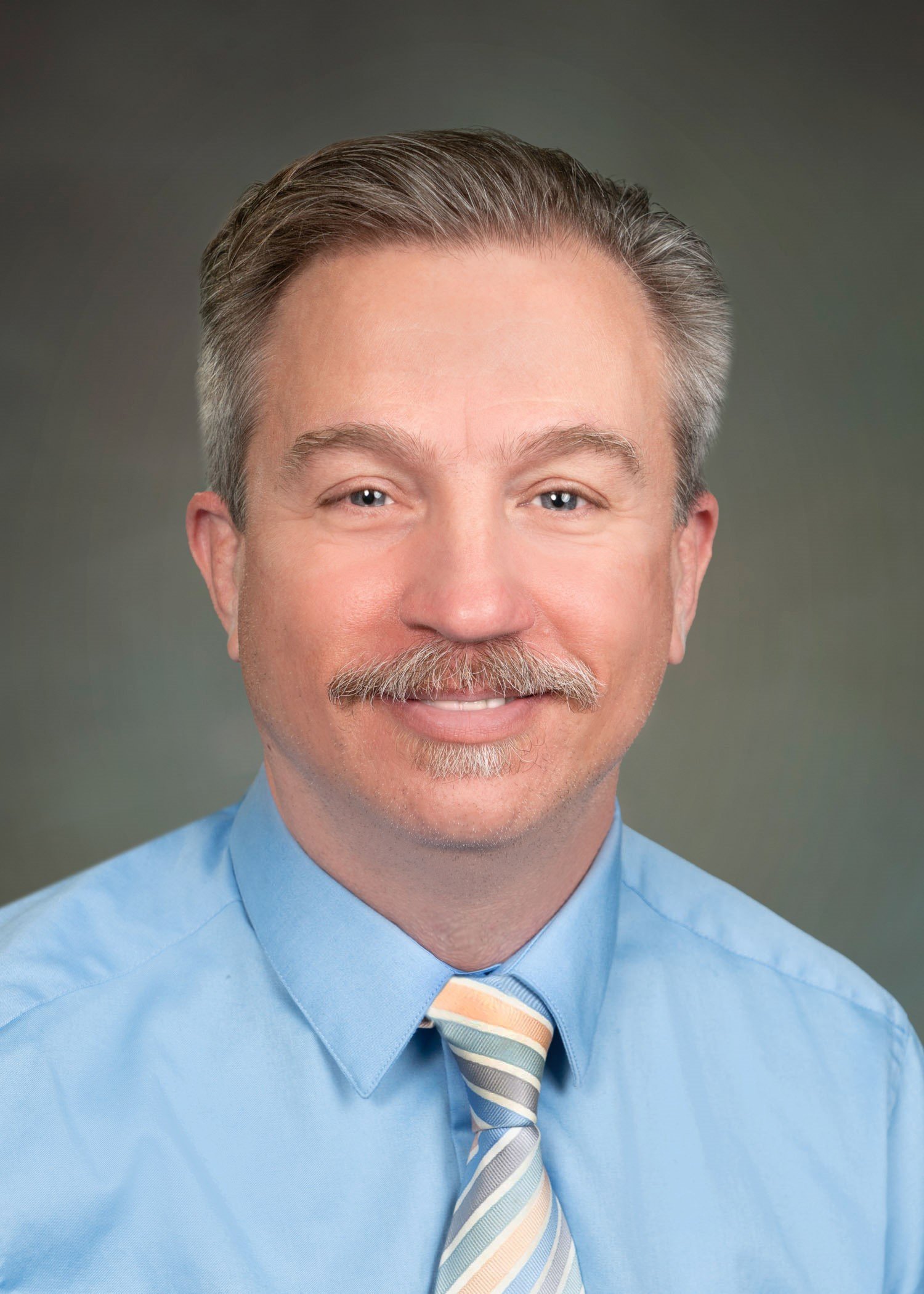With the Russian invasion of Ukraine in its second month, MOAA reached out to Gen. Philip M. Breedlove, USAF (Ret), a former NATO Supreme Allied Commander Europe, to get his thoughts on the conflict. Breedlove served in that capacity for NATO from 2013 to 2016 after serving as commander of U.S. Air Forces in Europe.
Breedlove now serves as a distinguished professor at the Sam Nunn School of International Affairs at Georgia Tech University and as chairman of the Frontier Europe Initiative for the Middle East Institute.
Some highlights from the April 5 interview:
Q. Should NATO or the U.S. be doing more to assist Ukraine in its conflict with Russia? If so, what?
A. There is a lot more we can do, and there is a lot more that we should do. The most important example is not a tangible thing. The most important thing we can do is break out of our current state of being deterred. In war, or preparation for war, you want to deter your enemy, not be deterred yourself. You want to seize the initiative rather than ceding the initiative to the enemy and being reactive to him.
Unfortunately, in this current conflict, we have failed at both. Mr. Putin has deterred us, and we have not deterred him. Before the conflict began, we were saying if he does this this, we will do that. … Rather than telling [Putin] what we are not going to do, we need to tell him what we are going to do. I continue to advocate publicly for a humanitarian no-fly zone. … That is something we could and should do, but that requires that we not take counsel of our peers and remained deterred.
Q. What are your thoughts on the massacre at Bucha, Ukraine?
A. Russia showed its true colors in Mariupol with the bombing of hospitals, bombing theaters with children in it, bombing indiscriminately into civilian territory. … And now in Bucha, we see the complete depth and depravity of the Russian war machine. Before this fight ever started, the question we asked [was], “How many Ukrainians have to die?” Now, we are starting to see just how far things are going to go. We are starting to see how many and how horrifically Mr. Putin will kill civilians in Ukraine. The question now is, “Will our reply be inadequate to the task again?”
[LATEST ON UKRAINE: Military Times | Military.com]
Q. During your time as NATO Supreme Allied Commander Europe, is there one thing you wish you could have done differently?
A. I would say that the U.S. Europe command staff developed a wonderful set of options for how to reply to the Russian invasion of Crimea and of the Donbas. I wish I had more success and had done better advocating for those options to our senior-most civilian leaders. There is more we should have done. …
On the NATO side, at the Wales Conference [in 2014], we agreed to the most expansive changes in NATO readiness and force presentation in the history of NATO, but more should have been done. We see that very clearly now as the true stripes of Russia show through.
PREMIUM Membership Comes With So Many Benefits. Are You Taking Full Advantage?
Find out just how many benefits are waiting for you, and start using them TODAY.

